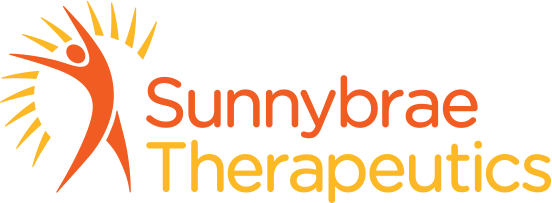The shoulder joint, a complex structure consisting of bones, muscles, tendons, and ligaments, is one of the most mobile joints in the human body. This flexibility, however, also makes it susceptible to various pathologies and injuries. From rotator cuff tears to frozen shoulder, these conditions can cause pain, restricted movement, and diminished quality of life. This article explores common shoulder joint pathologies and the therapeutic benefits of massage therapy.
As mentioned above, the shoulder joint’s complex anatomy makes it vulnerable to a range of pathologies, including:
- Rotator Cuff Tears: These are among the most prevalent shoulder injuries, often resulting from repetitive motion or acute trauma. A tear in the rotator cuff tendons can cause pain and limited mobility.
- Frozen Shoulder (Adhesive Capsulitis): Characterized by stiffness and pain in the shoulder joint, frozen shoulder restricts movement and can significantly impair daily activities.
- Shoulder Impingement Syndrome: This condition occurs when the rotator cuff tendons rub against the acromion, causing pain and inflammation.
- Shoulder Instability (dislocation): Caused by an injury or overuse, shoulder instability occurs when the humerus pops out of the shoulder socket, leading to pain and reduced function.
Massage therapy can be very beneficial for the above conditions in many ways, such as:
Pain Management: One of the primary benefits of massage therapy is pain relief. By targeting tense and inflamed muscles around the shoulder joint, massage can alleviate or at least minimize the pain associated with various pathologies, possibly reducing the need for pain medications.
Improved Range of Motion: Through targeted techniques, massage therapy can help restore the shoulder joint’s natural range of motion. This enhanced mobility is particularly beneficial for conditions like frozen shoulder, where stiffness is a primary symptom.
Muscle Relaxation: Muscle tension often exacerbates shoulder joint pathologies. Massage therapy promotes muscle relaxation, reducing spasms, eliminating trigger points and improving overall muscle function.
Enhanced Circulation: Massage improves blood flow to the treated area, promoting faster healing and reducing inflammation. This enhanced circulation can accelerate recovery from shoulder injuries and surgeries.
Stress Reduction: Chronic pain and restricted mobility can take a toll on one’s mental well-being. Massage therapy’s stress-relieving benefits can help alleviate anxiety and promote a sense of relaxation, contributing to overall healing.
Shoulder joint pathologies can significantly impact one’s quality of life, causing pain, restricted movement, and daily functional limitations. While conventional treatments play a crucial role in managing these conditions, complementary approaches like massage therapy offer additional benefits that can enhance recovery and improve well-being.
If you’re dealing with shoulder joint pathologies, consider incorporating massage therapy into your treatment plan. At Sunnybrae Therapeutics we have qualified massage therapists who can develop a tailored approach to address your specific symptoms, promoting healing, reducing pain, and restoring function. Book online or call (902)-425-7759.
